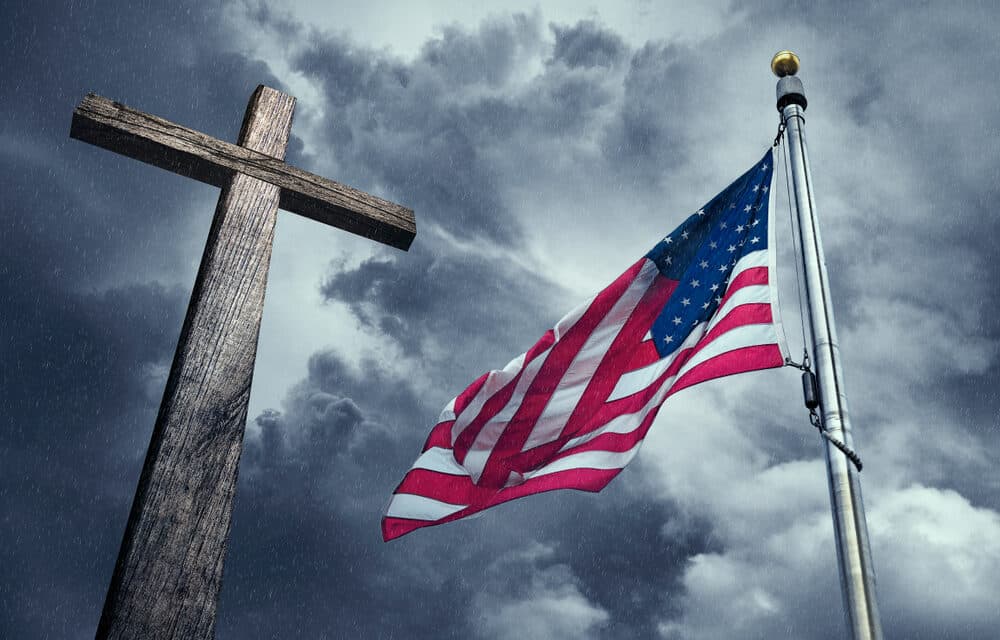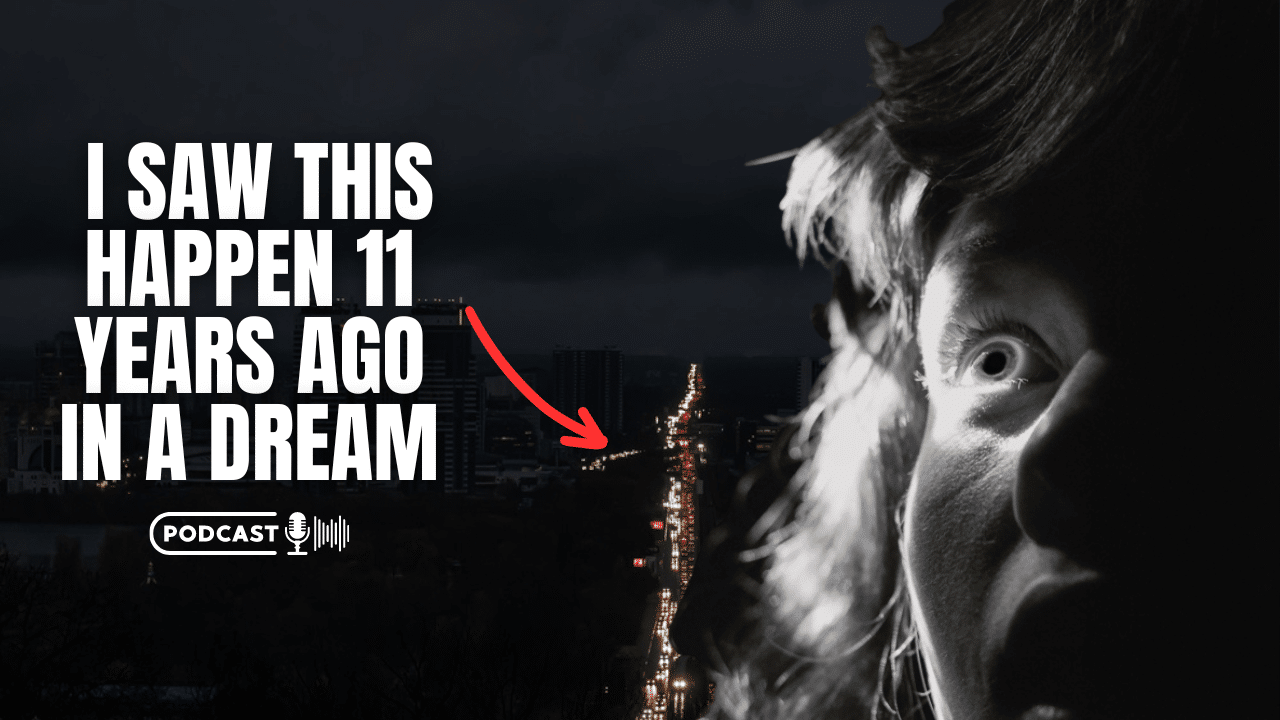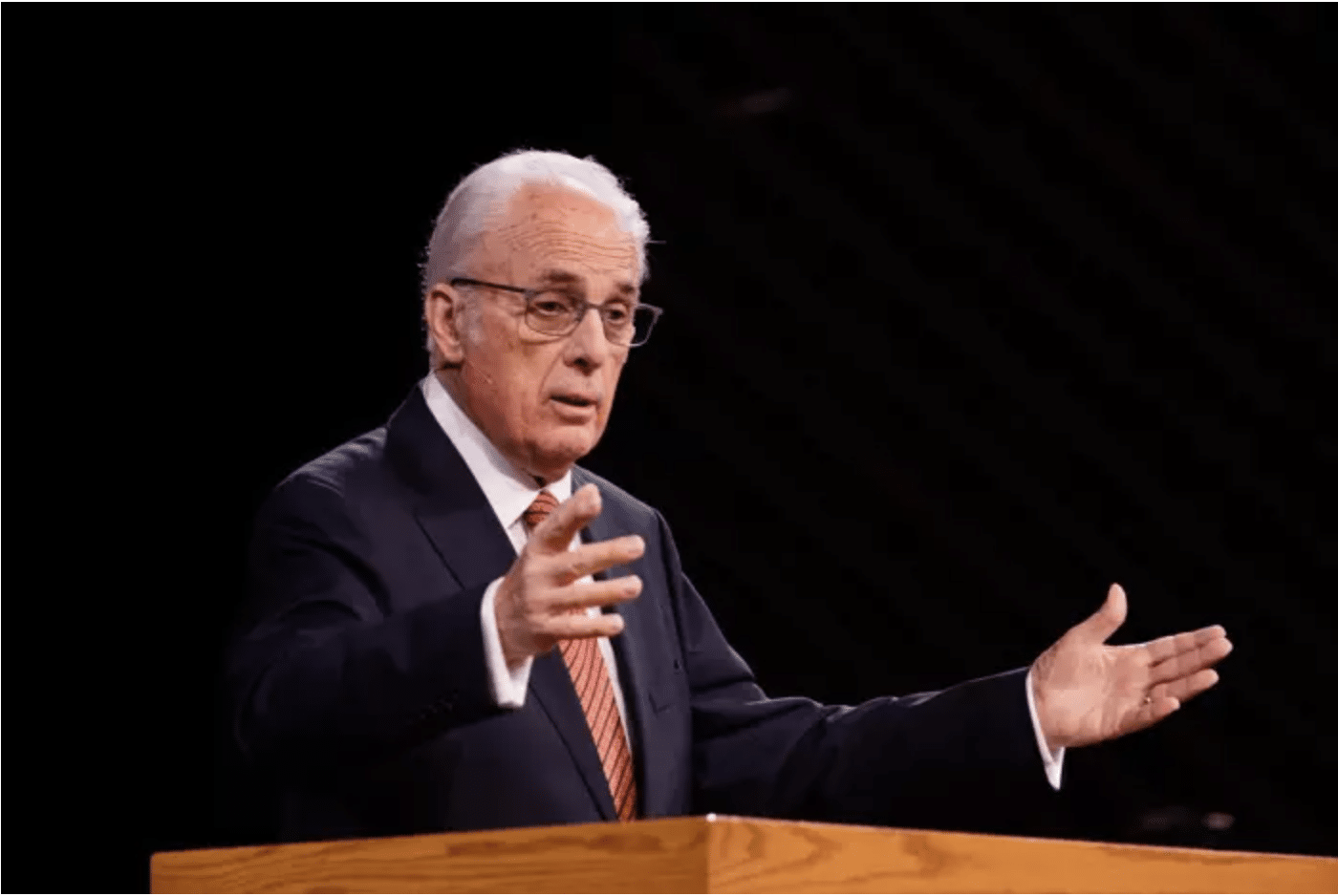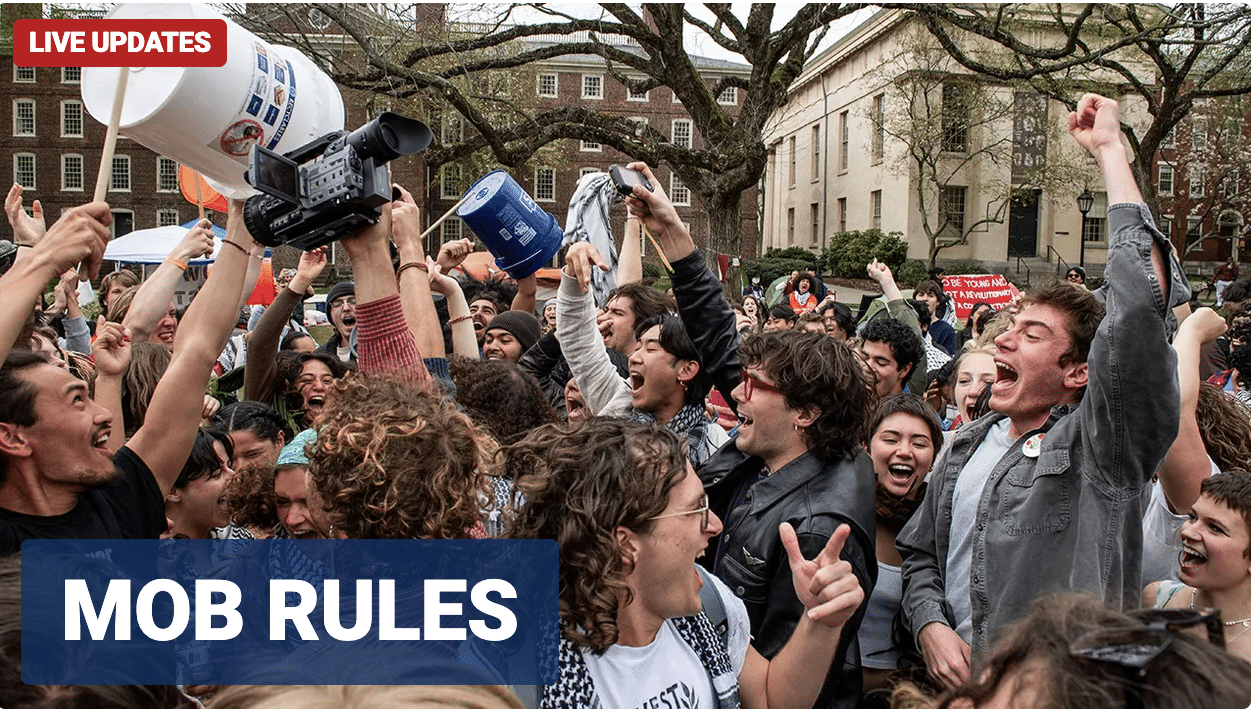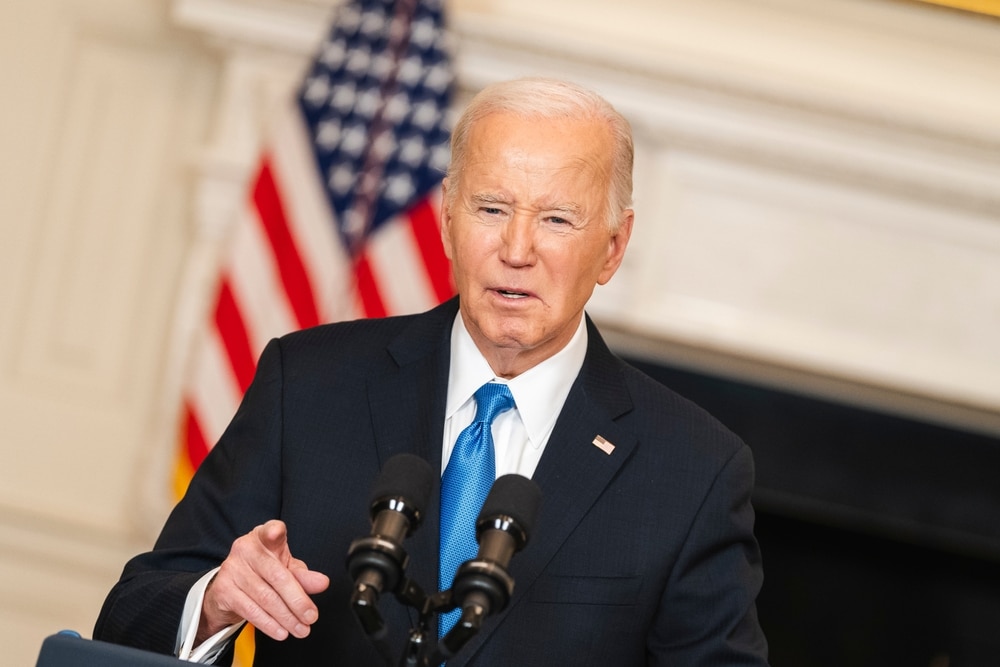(OPINION) White Christian nationalist beliefs have infiltrated the religious mainstream so thoroughly that virtually any conservative Christian pastor who tries to challenge its ideology risks their career, says Kristin Kobes Du Mez, author of the New York Times bestseller, “Jesus and John Wayne: How White Evangelicals Corrupted a Faith and Fractured a Nation.”
“These ideas are so widespread that any individual pastor or Christian leader who tries to turn the tide and say, ‘Let’s look again at Jesus and scripture,’ are going to be tossed aside,” she says. The ideas are also insidious because many sound like expressions of Christian piety or harmless references to US history.
But White Christian nationalists interpret these ideas in ways that are potentially violent and heretical. Their movement is not only anti-democratic, it contradicts the life and teachings of Jesus, some clergy, scholars and historians say. Samuel Perry, a professor of religious studies at the University of Oklahoma who is authority on the ideology, calls it an “imposter Christianity.”
Here are three key beliefs often tied to White Christian nationalism. One of the banners spotted at the January 6 insurrection was a replica of the American flag with the caption, “Jesus is My Savior, Trump is My President.” Erasing the line separating piety from politics is a key characteristic of White Christian nationalism. Many want to reduce or erase the separation of church and state, say those who study the movement.
One of the most popular beliefs among White Christian nationalists is that the US was founded as a Christian nation; the Founding Fathers were all orthodox, evangelical Christians; and God has chosen the US for a special role in history. The Constitution also says nothing about God, the Bible, or the Ten Commandments, Gorski says.
And saying the US was founded as a Christian nation ignores the fact that much of its initial wealth was derived from slave labor and land stolen from Native Americans, he says. For evidence that the United States was founded as a secular nation, look no further than the 1797 Treaty of Tripoli, an agreement the US negotiated with a country in present-day Libya to end the practice of pirates attacking American ships.
It was ratified unanimously by a Senate still half-filled with signers of the Constitution and declared, “the Government of the United States of America is not, in any sense, founded on Christian religion.” Does this mean that any White Christian who salutes the flag and says they love their country is a Christian nationalist? No, not at all, historians say.
A White Christian who says they love America and its values and institutions is not the same thing as a White Christian nationalist, scholars say. Gorski also notes that many devout Black Americans have exhibited a form of patriotism that does not degenerate into Christian nationalism. READ MORE

